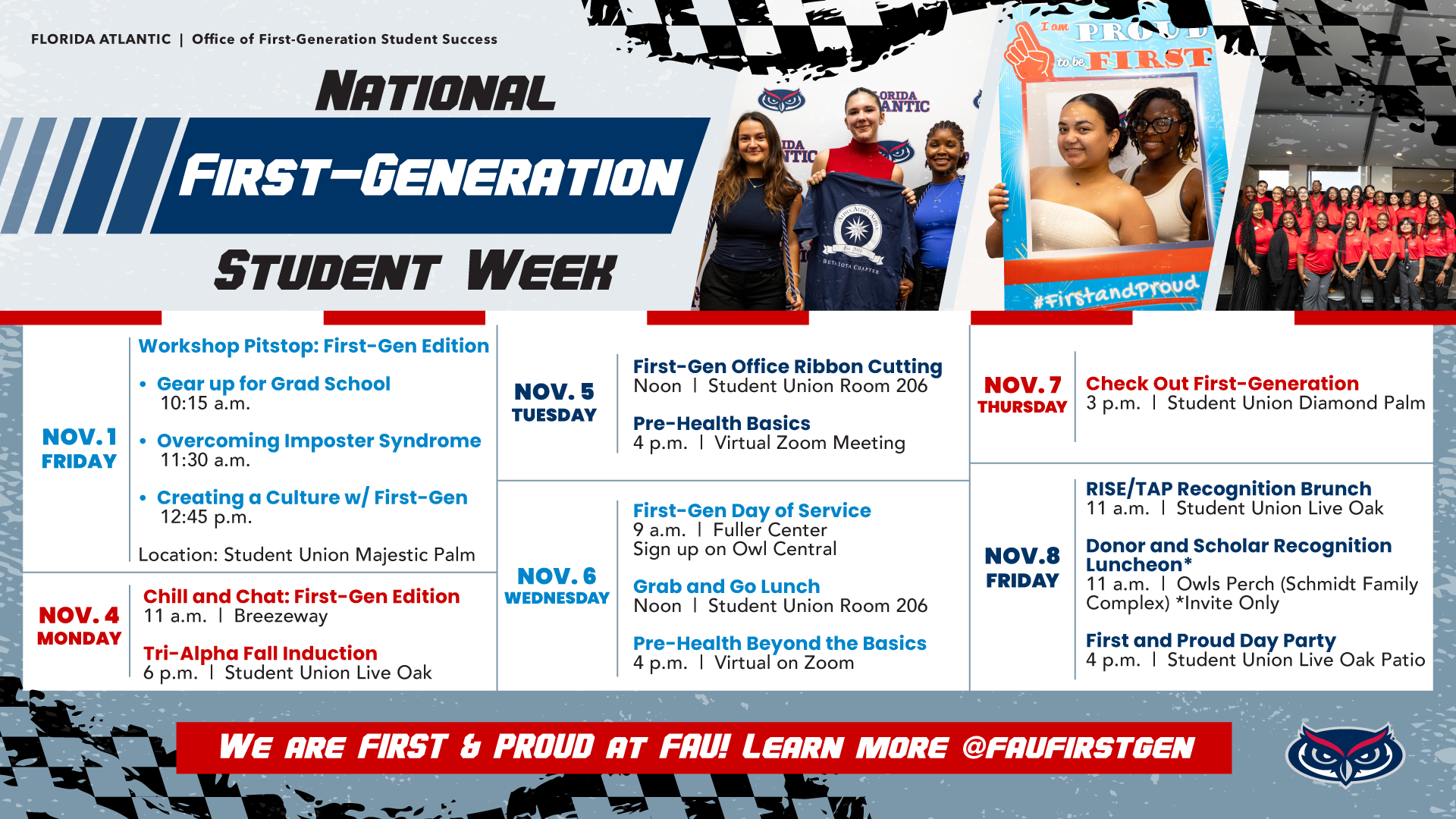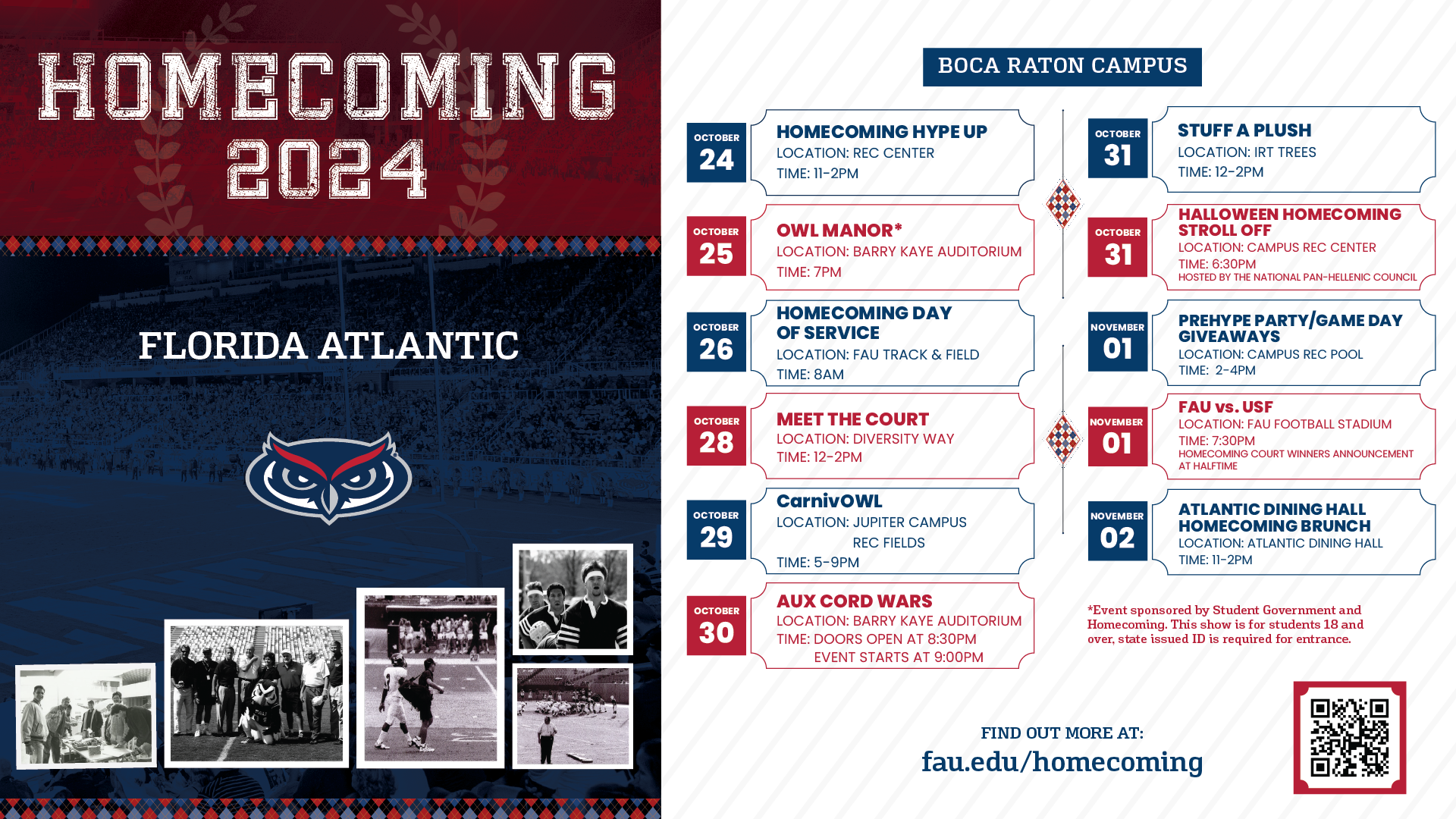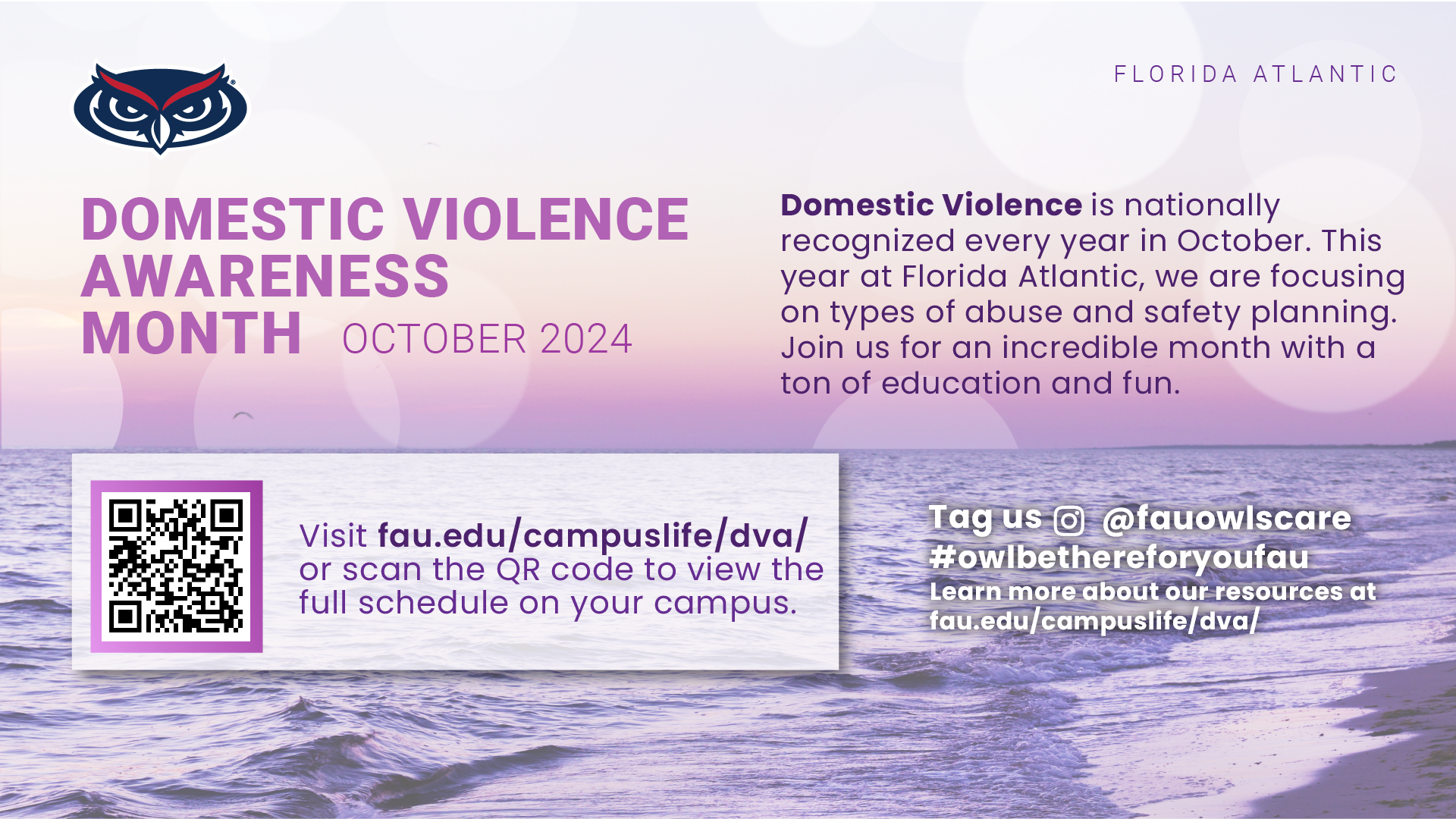Going Green: Committing to a Better Future

by F. RODRIGUEZ | Tuesday, Jul 02, 2019
Sustainability efforts and reducing our ecological footprint is more important now than ever. Studies show that the average college student produces 640 pounds of solid waste each year, including 500 disposable cups and 320 pounds of paper. Environmental awareness is something we often disregard, but as challenges arise such as climate change, limited resources, and global warming, it is imperative we understand the effects caused by our day-to-day practices, as well as the importance of promoting sustainability in our community.
FAU’s Mission Green defines sustainability as “meeting contemporary needs without compromising the ability of future generations to satisfy their needs. More comprehensively, it means looking at the issues and problems facing our world with a new perspective – one that focuses on three interdependent areas of concern: ecological preservation, economic viability, and social justice.”
Many departments on campus are already applying this way of thinking. FAU Campus Recreation is one of them. Raquel Cabral, Director of Campus Rec, is exercising sustainable practices in her department. “We implement Leave no Trace ethics on all of our Outdoor Adventure trips,” explains Cabral. “Our locker rooms are green; we have automated sinks to conserve water, as well as automated toilets to reduce flushing. We currently have two self-powered treadmills and water bottle filling stations to reduce plastic waste, as well as recycle bins in multiple locations within our facility.”
Another area that recognizes the impact we have on our environment is the FAU Housing and Residential Education office. “It is imperative we find ways to reduce our ecological footprint,” says Raymond Gordon, Director of Housing. Gordon oversees more than 4,000 students living on the Boca Raton campus. In discussing ways to efficiently reduce their ecological impact, Gordon says, “we overhauled the lighting system in our common areas to LEDs, which are up to 80% more efficient than traditional lighting. We upgraded the A/C units in Indian River Towers, Glades Park Towers, and Heritage Park Towers to be linked to energy efficient machines. Lastly, by utilizing the housing portal and trying to communicate only through email, we reduce our paper usage around the office.” He also went on to express that one small change in the department can have a huge impact on the school’s population, and therefore it is crucial to acknowledge the “correlative impact” on all things.
If you are as concerned about wasteful consumption and pollution as FAU is, you can start by reducing or stopping your use of single-use plastics. Disposable plastics are used only once before they are thrown away or recycled, and this is as harmful to the environment as it is to us. The good news is that students can implement better methods in our daily lives easily by taking small steps, such as:
- recycling and eliminating the single-use plastics in your home or residence hall
- using reusable or paper bags at grocery stores
- bringing reusable or eco-friendly straws and utensils with you when coming to campus or in the community
- investing in a reusable water bottle instead of using plastic
College is a great time to develop eco-friendly practices. If you want to start living green, here are some easy ways you can be eco-friendlier without having to make major lifestyle changes:
REUSE AND RECYCLE
Use reusable containers for storing food, instead of wrapping it in foil or plastic wrap. Try to purchase products with recycled contents and/or packaging. Think about where you are disposing your trash; there are many recycling bins around campus that allow you to sort your waste (cans/bottles, paper, trash) in the proper bin before disposing it.
SAVE PAPER
Paper is one of the main areas where college students can save money and the environment. You can do things such as using the back of your paper when taking notes, or avoid grabbing handfuls of paper napkins from the cafeteria, and recycling your course materials once you no longer need them.
WALK OR BIKE OR MORE
FAU is pedestrian friendly, and riding a bike reduces carbon emissions, keeps the rider in better shape, and can also become a productive hobby. Also think about sharing rides, taking the Tri-rail, using Palm Tran buses, or carpooling with other students (imagine getting those coveted carpool spaces).
WASH CUPS AND PLATES
Buy a set of inexpensive cups and plates instead of single use versions. Get your housemates/suitemates to pitch in on dish duty.
UNPLUG
Chargers and small appliances use up energy even when not in use. To cut down on wasted electricity, and avoid potential fires, plug your items in to a power strip and simply switch it “off” when leaving.
Ready to create an even bigger impact? Get involved. Join a student organization through Student Activities and Involvement, or you can even form your own group. By educating individuals about the importance of these issues, we can have a positive impact on the future, our FAU community, and ourselves.


